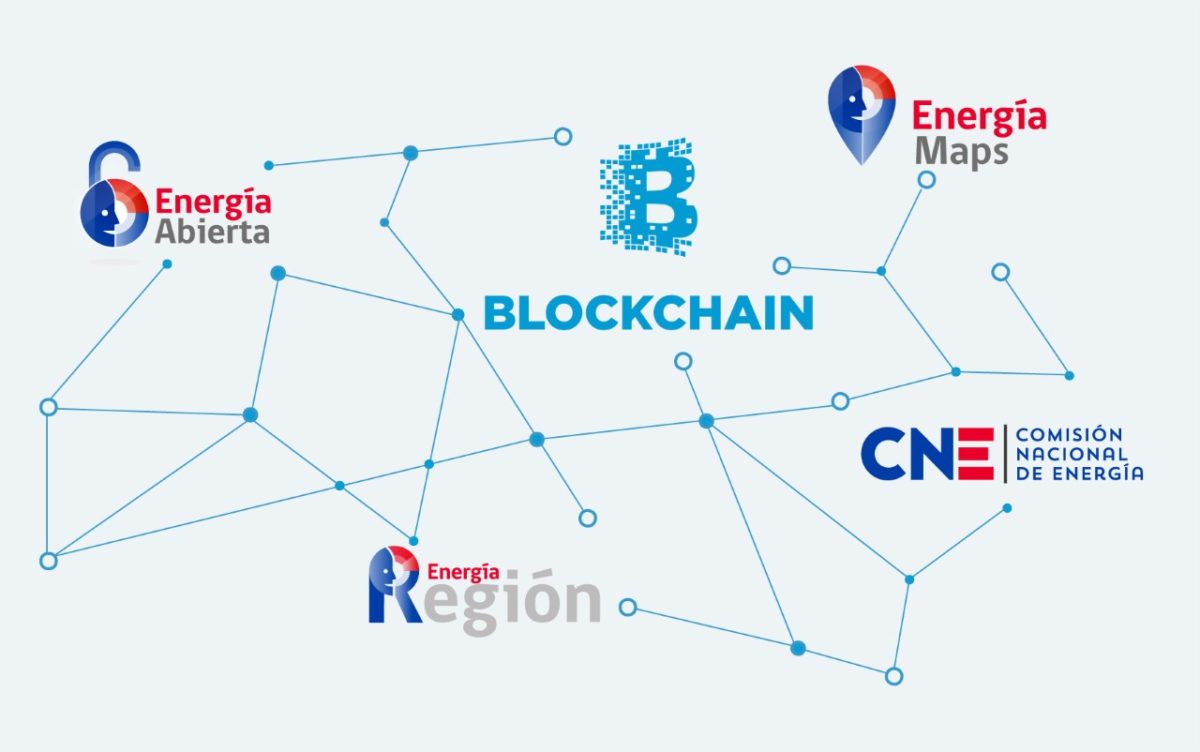Blockchain technology has made big headlines in the last year or so and its disruptive presence in the energy economy is not expected to fade any time soon, according to the findings of an extensive World Energy Council survey.
The World Energy Issues Monitor's ninth iteration this year asked 1,200 global energy leaders from 95 countries to rank their key issues by uncertainty and impact. The survey had also been circulated at Berlin’s Start up Energy Transition (SET) awards on April 16, to compare how energy leaders and innovators ranked their issues, priorities and concerns.
The 2018 edition of the monitor has seen new entries on the list of top issues for energy leaders, with Blockchain technology a prime example. The technology, best known for enabling cryptocurrencies, has stirred up utilities as it can also be used for energy trading and management applications.
Despite an increasing number of blockchain based energy trading platforms cropping up, energy leaders are unsure whether the trend is a sustainable business model and cite the uncertainty associated with Blockchain as well as its potentially disruptive nature.
Data artificial intelligence and mobile cloud technology are also new entries on the list of energy leaders' concerns, with both considered to have a potentially high impact and associated with high uncertainty. Both technologies have enabled prosumers – users who produce and consume energy – to optimize pv power production and self-consumption through hyper local forecasting and self-learning distribution mechanisms.
Popular content
The potentially transformative nature of the new technologies has seen utilities and energy providers launch venture subsidiaries to seed capital at start up events and incorporate the technologies into their business models. As a result new services are possible, with prosumers able to offset peak demand by having energy management systems switch on devices like tumble dryers at times of low demand, use electric vehicle (EV) batteries for grid stabilization and reduce energy bills, for example.
Monitor respondents also ranked decarbonization and renewable energy considerably higher up their list of concerns than fossil fuels. While traditional fuels still power the majority of the global energy mix the direction of travel is clear, and energy leaders are no longer concerned about coal but seriously ponder digitalization and decentralization.
Comparing energy leaders’ responses with those of energy innovators at Berlin’s SET awards, it becomes clear the latter attribute less uncertainty and a higher impact to new technologies. Nonetheless, Blockchain technology has staggered innovators and leaders alike. Both groups are yet to grasp the full potential of the tech and its impact on the energy economy.
Similarities in the pattern of answers between energy leaders and innovators indicate the leaders are receptive to new technologies and ready to incorporate them into their businesses to achieve the energy transition, rather than focusing on the business-as-usual scenario driven by fossil fuels.
This content is protected by copyright and may not be reused. If you want to cooperate with us and would like to reuse some of our content, please contact: editors@pv-magazine.com.



By submitting this form you agree to pv magazine using your data for the purposes of publishing your comment.
Your personal data will only be disclosed or otherwise transmitted to third parties for the purposes of spam filtering or if this is necessary for technical maintenance of the website. Any other transfer to third parties will not take place unless this is justified on the basis of applicable data protection regulations or if pv magazine is legally obliged to do so.
You may revoke this consent at any time with effect for the future, in which case your personal data will be deleted immediately. Otherwise, your data will be deleted if pv magazine has processed your request or the purpose of data storage is fulfilled.
Further information on data privacy can be found in our Data Protection Policy.